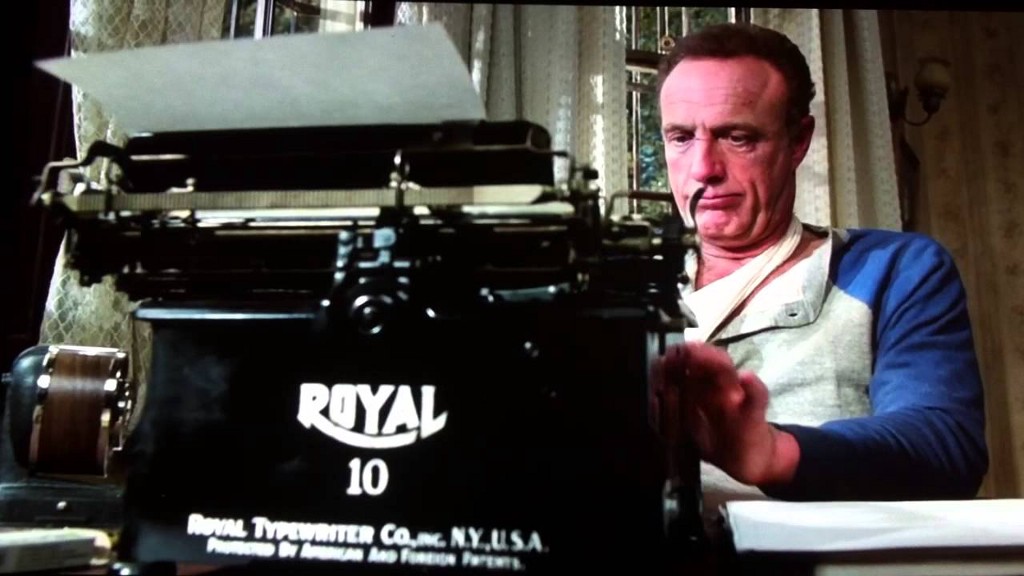What’s The Least You Would Accept To Write a Book?
One must consider time but also intangibles

The other day, an unusual email turned up among the pitches and press releases in my inbox. It was from an acquisitions editor at a publishing house, who wanted to know if I would consider writing a particular book. The question she posed was not, “Do you have a manuscript in a drawer we could consider?” but rather, “We have this idea and we think you might be the right person to execute it for us. Are you interested?”
It’s called “auteur publishing,” and it’s been a thing for almost a decade now, at least at smaller presses. And I was honored to be considered as a potential auteur. After a phone call to discuss more details with the Acquisitions Editor, I conveyed a positive reaction, which the AE took back to her board; I should get a final word soon.
I also asked, of course, about payment. As gently as I could while still being enthusiastic, I told the AE, “I can’t write a whole book on spec.” Meaning, I may not be a publishing maven, but I’m aware enough to know that most authors never see a penny when it comes to royalties, so I would need some advance in order to proceed.
Here’s how most traditionally published authors are paid:
- Via an advance, then
- Via royalties (say, 5–10%, or a small set amount, of the profits from sales) once the advance has been recouped
Writers in the Storm lays out how that would work, in a best case scenario:
Let’s say the publishing house offers you an advance of $60,000 and royalties of $3/book. Note that the upfront advance of $60,000 is not in addition to royalties, but rather part of royalties — meaning they’ve given you royalties for the first 20,000 books (times $3/book) up front.
Since they’ve already paid you the royalties of the first 20,000 books, you will not start actually making an additional $3/book until you sell copy 20,001. The royalty possibilities are essentially endless. You can make $3 a book forever as long as it keeps selling in bookstores and on Amazon
If you’d like to know more, agent Ethan Ellenberg has some good in-depth stuff here about royalties.
The upshot is that most advances, small as they are, are never recouped, so these days most authors never see royalties. That, at least, is what I’ve been told. It is usually incumbent upon authors, or the agents agitating for them, to try to get some advance payment for their work. But how much is enough? Or rather, how little is too little?
The acquisitions editor assured me over the phone that the press does offer advances, albeit modest ones, which means I’ve spent the past few days wondering what my bottom limit is. $10,000? That would mean, in actuality, two payments of $5,000, minus taxes. [Edit: Also minus 15% for my agent in all likelihood, since I am probably obligated to loop her in, even if the project came to me independent of her.] Not very much for what would end up being a lot of work and requiring a lot of emotional investment.
There are intangibles to consider too: it’s a book, not an article or an essay, something that could conceivably live on after me in print. It took me a long time, and the accumulation of numerous credits, to feel like a writer. Publishing a book would make me feel like an author. What’s that worth?
Regardless, I’m going to try to remember to make this decision, and all important decisions, from a mental place of abundance rather than scarcity. I gave that advice to someone recently and I stand by it: you’re more likely to regret choices you make out of fear and desperation — like the worry that this is your only chance!! — rather than ones you make for love. If I have to turn down this opportunity because it doesn’t pay enough, I have to believe I’ll get another chance to write a book at some point; and if not, well, I guess I have to be okay with that too.
Support The Billfold
The Billfold continues to exist thanks to support from our readers. Help us continue to do our work by making a monthly pledge on Patreon or a one-time-only contribution through PayPal.
Comments